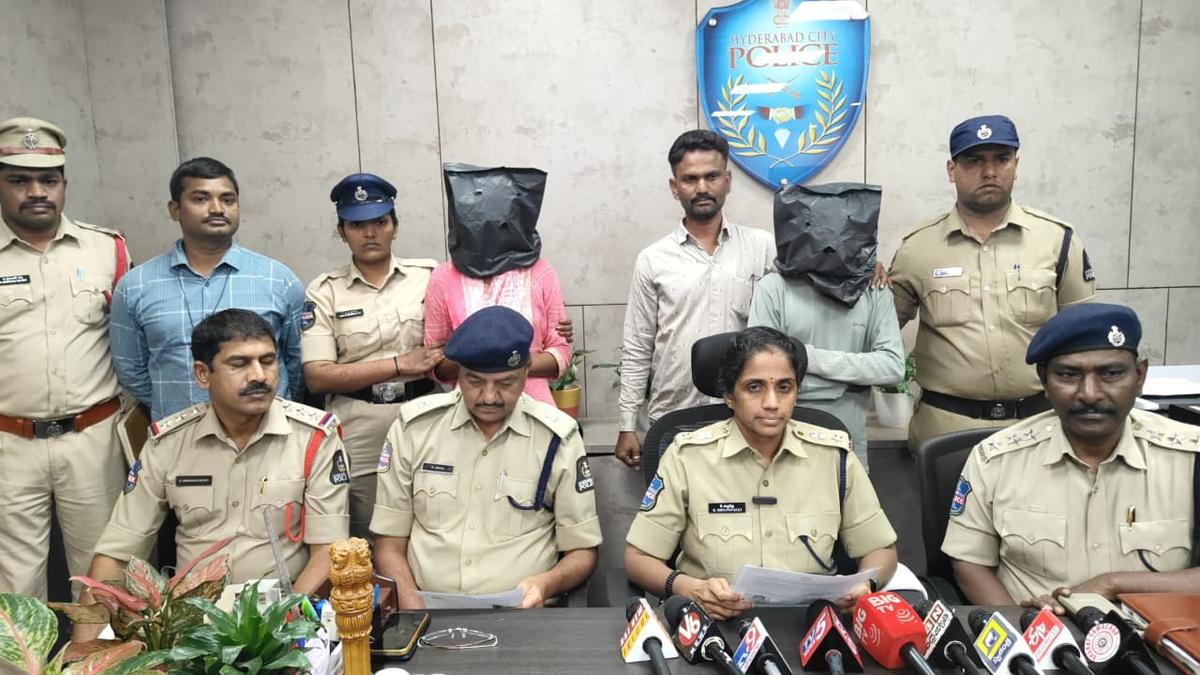ARTICLE AD BOX
Last Updated:August 19, 2025, 17:36 IST
Prime Minister Narendra Modi on Tuesday quoted from a News18 report on the Parliament archives to slam Nehru’s approach in signing the IWT

A perusal of the archives shows Nehru was completely dismissive of the idea of consulting Parliament on it. File image/X
Should I bring a truckful of papers to the Parliament? This is how then Prime Minister Jawaharlal Nehru dismissed the demands of parliamentarians, including senior members from his own party, who questioned him in 1960 on why he did not consult Parliament before signing the Indus Waters Treaty (IWT) with Pakistan.
Prime Minister Narendra Modi on Tuesday quoted from a News18 report on the Parliament archives to slam Nehru’s approach in signing the IWT. A perusal of the archives shows Nehru was completely dismissive of the idea of consulting Parliament on it.
“All those numerous papers will probably fill a cart. You can imagine ten years’ papers and if you have to bring them and present them to Parliament you require a truck-huge number of correspondences, this debate, that engineer’s estimate, etc, running to hundreds of pages. It is a mountain of papers; it is not a few letters exchanged, for a period of twelve years," Nehru told Parliament.
In this debate on November 30, 1960, Nehru went on to say that such “complicated agreements" cannot be brought to Parliament. “I do not think it is possible for any kind of these complicated agreements to be dealt with, when we have to refer to Parliament. There must have been, I suppose, in this particular matter, dozens of approaches, dozens of plans, discussed, ultimately rejected and something happened. Are we to come at every step and ask Parliament?" Nehru told the MPs.
Parliamentarians, including those from the Congress, were aghast that while the Parliament was in session till September 9, 1960, the treaty was signed on September 19 in Karachi without Parliament being aware. “You cannot carry on any kind of negotiation, even relatively simple ones and certainly not this very difficult one (with Parliament being consulted). Therefore, very wisely, the Constitution and convention lay down that in such agreements, Government has to stake its own judgment, its future, on it. There is no other way. One takes a risk; maybe that Government may go wrong. But there is no other way to deal with it," Nehru insisted.
In the end, as per the BJP now and the general wisdom of the parliamentarians then, the Nehru government did go wrong on the Indus Waters Treaty. Nehru had then accused his fellow MPs of acting in “narrow-minded spirit" while opposing the treaty and requesting “a little more friendly treatment by this House". He said Congress MPs using words like a “second partition" for IWT was loose language and a “perversion of the facts".
“Partition of what? Of an inch of territory? Partition of a pailful of water? What have we partitioned? Is that the way to approach an international question? I was depressed that when we are dealing with mighty things like relationship of nations, the future of India spreading out, the future of Pakistan spreading out, we should talk in this way, which has no relation to fact," Nehru said.

Aman Sharma, Executive Editor - National Affairs at CNN-News18, and Bureau Chief at News18 in Delhi, has over two decades of experience in covering the wide spectrum of politics and the Prime Minister’s Office....Read More
Aman Sharma, Executive Editor - National Affairs at CNN-News18, and Bureau Chief at News18 in Delhi, has over two decades of experience in covering the wide spectrum of politics and the Prime Minister’s Office....
Read More
- Location :
- First Published:
August 19, 2025, 17:36 IST
News india 'Should I Bring Truckful Of Papers To Parliament?': How Nehru Dismissed MPs' Concerns Over Indus Treaty
Disclaimer: Comments reflect users’ views, not News18’s. Please keep discussions respectful and constructive. Abusive, defamatory, or illegal comments will be removed. News18 may disable any comment at its discretion. By posting, you agree to our Terms of Use and Privacy Policy.
Read More



.png)
.png)
.png)
















 1 hour ago
2
1 hour ago
2








 English (US) ·
English (US) ·